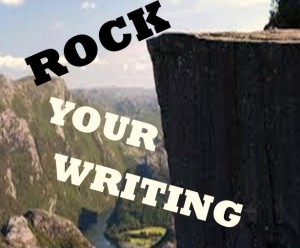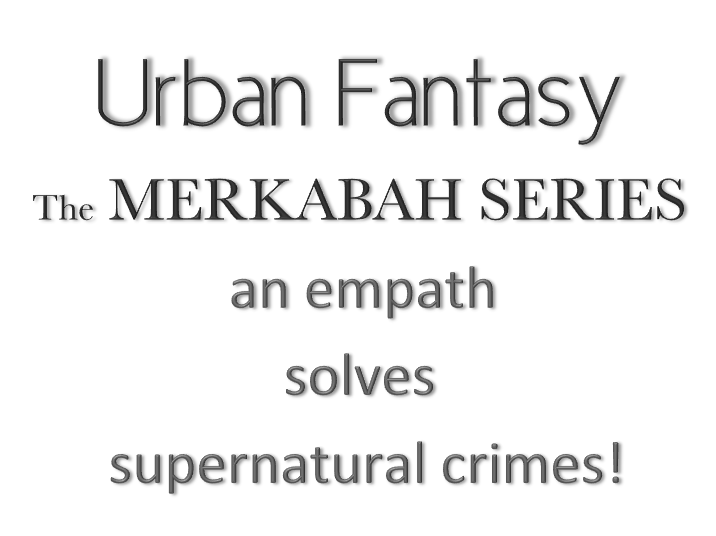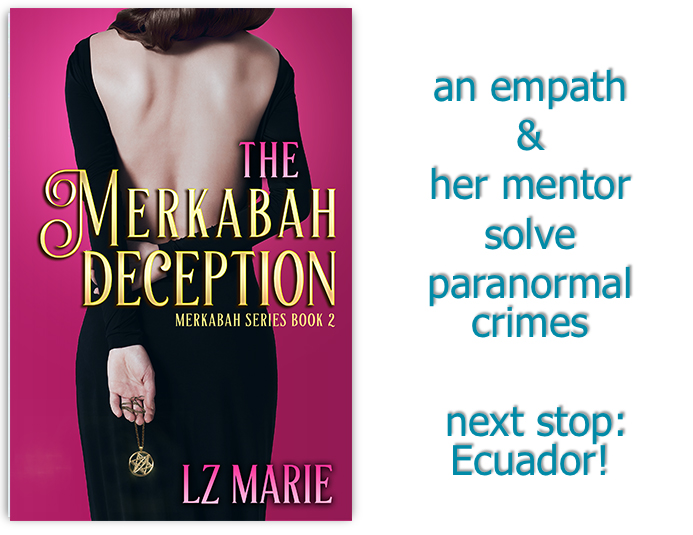 “Ain’t no river wide enough…ain’t no mountain high enough…to keep you away from me, babe.”
“Ain’t no river wide enough…ain’t no mountain high enough…to keep you away from me, babe.”
We know it’s not a real river or mountain but a symbolic obstacle to overcome.
Geography is more than just the setting of your novel!
It can express theme.
It can be a plot device!
And it may indicate or foreshadow a character’s:
-
moral growth or decay
-
emotion
-
problems or dilemmas
Geography can also serve as an indicator of morality, emotion, intellect, or spirituality.
Here’s a few examples of geography’s symbolism:
- Mountains and higher elevations indicate moral righteousness or spiritual awareness–it’s the whole closer to God thing. There’s a reason why the guru in every joke sits atop a mountain. In Frankenstein, the monster leads his creator across the tallest mountains and glaciers in Europe. This is ironic, since both monster and creator are immoral, indignant, murderous, insane, arrogant, and angry. Although the Dr. played god when he created the monster, neither character is high-minded nor virtuous enough to do the right thing. It’s an ironic and symbolic double whammy!
- Steep ground suggests trials and tribulations to surmount. Think The Sound of Music song “Climb every mountain…”
- Flat land may reveal the “flatness” or dullness of a character’s life.
- Swamps imply low morals, poverty, lack of faith, a dirty or degraded sense of self, a connection to the primordial ooze of the earth so to speak. WAIT! I know exactly what you’re thinking! “In Star Wars, Luke finds Yoda living in a swamp! Yoda is a master Jedi who did NOT go to the Dark Side. What’s he doing living in a swamp?” Well…it could be Lucas throwing some irony into the mix OR be plot device AND/OR might represent the now disrespected, disregarded state of the Force.
- Forests are dark and fraught with danger, implying emotional/spiritual/moral ignorance or heading into a place of emotional/spiritual/moral danger. In Effi Briest the two lovers take the low road into the dark forest only moments before the married protagonist decides to have an affair. (It’s like being hit in the head with a symbolic 2 by 4)
- Gardens with flowers symbolize beauty, a desire for beauty, sex ( bees “pollinating” flowers), and if it’s a rose garden–well, roses have thorns–so a character is going to get hurt.
- Vegetable gardens suggest practicality, abundance, frugality, and health, but not necessarily fertility.
- Orchards–depending on the fruit or nut–is associated with fertility, abundance, and prosperity.
- Deserts hint at a character’s hopes and dreams drying up OR they have become an emotional/spiritual/moral wasteland.
- Jungles are dangerous and contain scantily-clad heathens. Expect some loosening of morals OR spiritual soul searching OR primitive behavior.
- Caves, as Plato’s Allegory of the Cave suggests, is all about shadows vs reality and philosophical enlightenment ( yeah, I know, a total over-simplification)
- Cliffs. Remember the Cliffs of Insanity in Princess Bride? Precipices shout DANGER! A character OR sentiment OR perception OR judgement OR insight OR Truth is going over the edge–dashed to bits by the rocks below. If you have a cliff in your novel–put it to symbolic use.
- A setting in the city may indicate the story’s fast-paced cosmopolitan complex plot OR the character’s urban lifestyle OR serve as a sharp contrast to either.
- Small town or rural settings tell a reader the plot will be charming, cozy OR small town creepy OR serve as irony.
Don’t forget IRONY trumps any of this!
So take some advice from realtors—it’s all about location, location, location!
Related Links: Rock Your Writing; Click HERE for Amazon link.
















That’s a very good way to look at geography in writing! Thanks for the reminder, I will be keeping your words in mind while writing my own work!
It’s always fun if you can integrate it. Unless of course you’re going for irony!